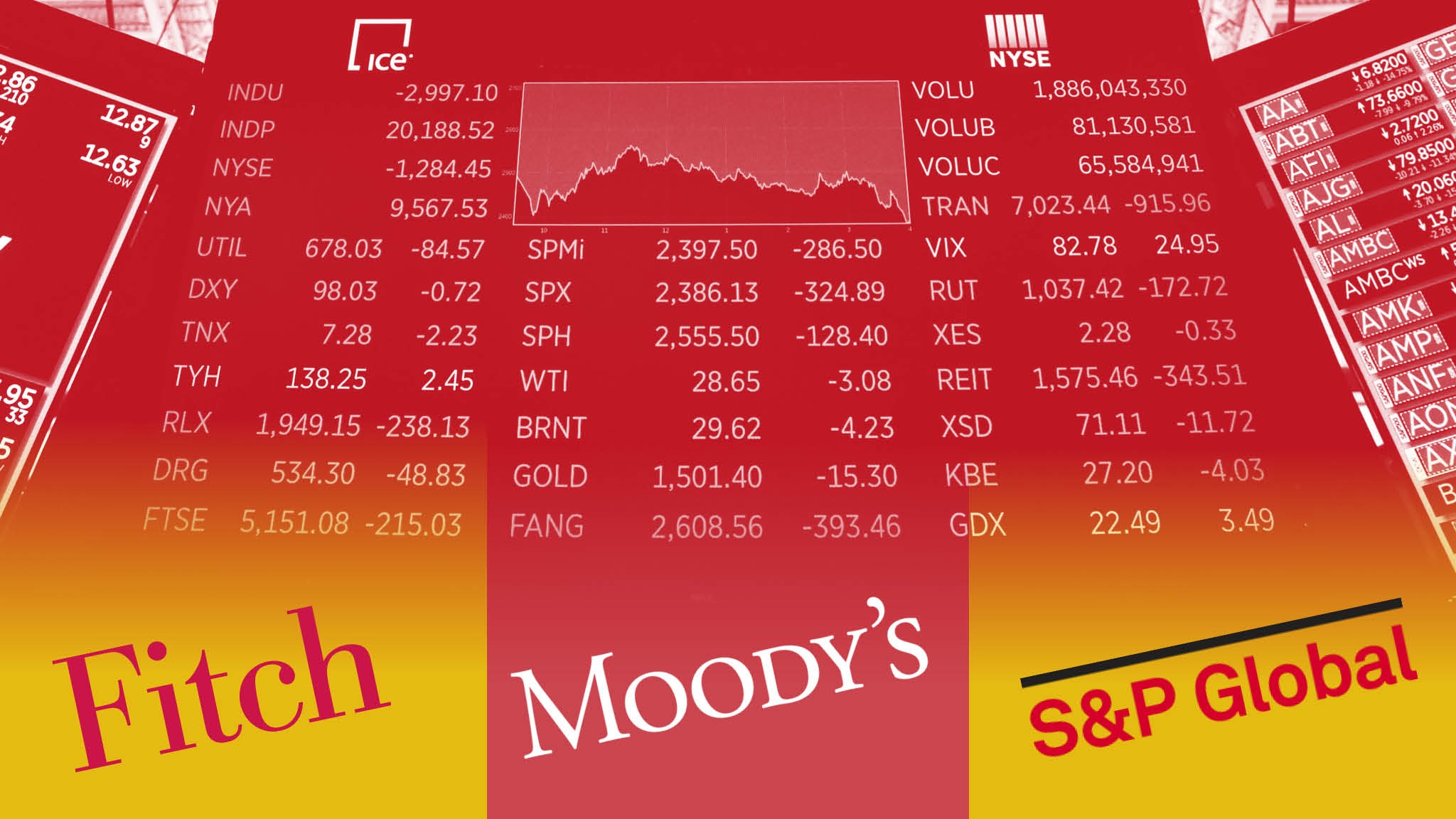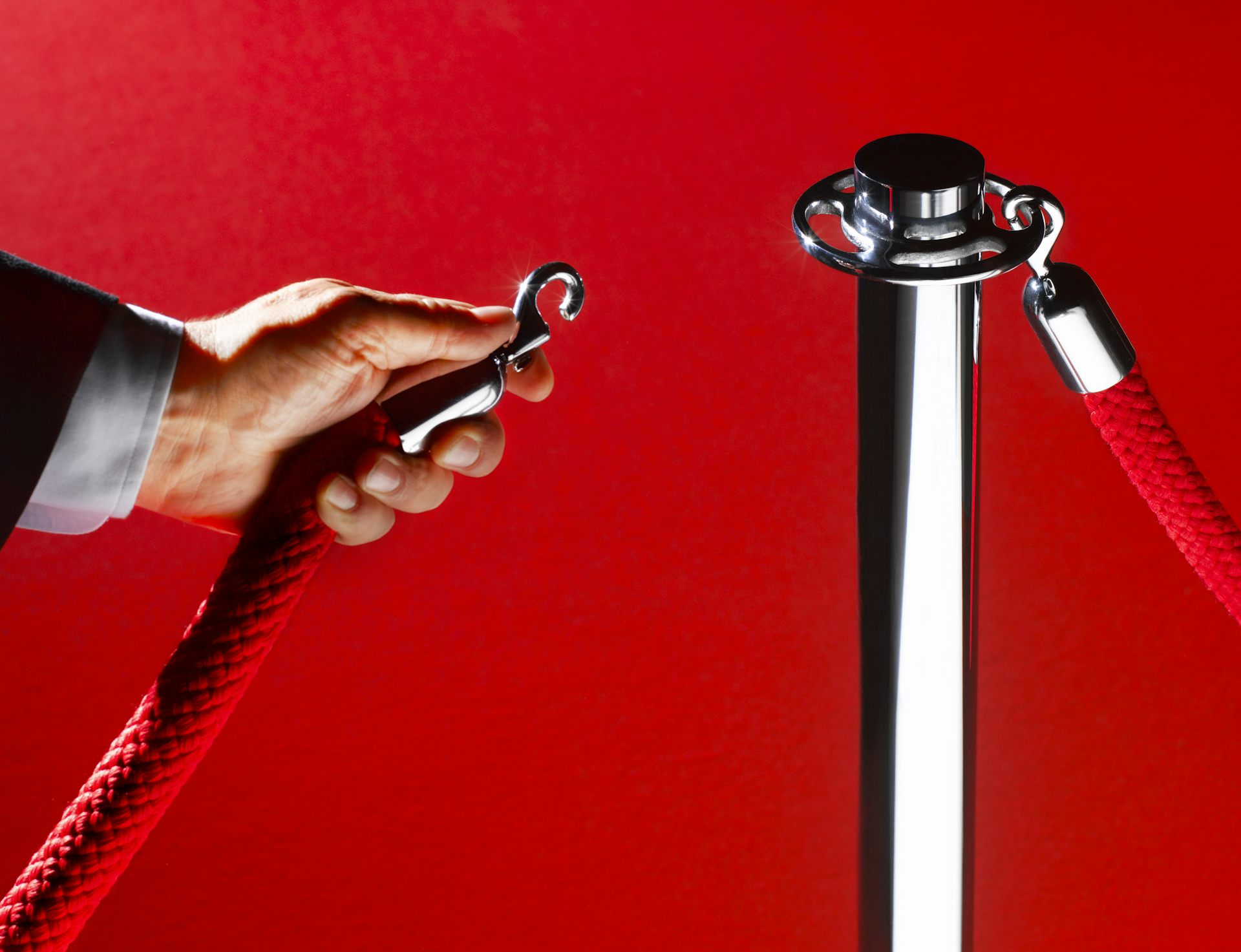FinTech is one of the major forces of digital transformation for the financial industry. Emerging technologies and business model innovation have advanced Fintech development for the past decade at an unprecedented pace. On top of the continuously evolving business landscape and trends in digital transformation, the COVID-19 pandemic brought numerous challenges to the financial industry...
Commerce
Self-Fulfilling Rankings Boost Agencies’ Power, Influence
Agencies that rate and rank nations, corporations and colleges wield enormous power, influencing investment flows and prompting leaders to pursue policies that might improve their standing. But the source of that clout is puzzling, Cornell University economist Kaushik Basu writes in “The Power and Influence of Rating Agencies with Insights into their Misuse,” published in the April...
How Corporate Takeovers Are Fundamentally Changing Podcasting
At first glance, it may seem as though Big Tech can’t figure out how to make money off its foray into podcasting. In early May 2022, Meta announced that it was abruptly ending Facebook’s podcast integration less a year after it launched. Facebook had offered podcasters the ability to upload their shows to the social...
Langvardt Discusses Free-Speech Implications of Musk’s Twitter Purchase
Faculty at the Nebraska Governance and Technology Center are monitoring Elon Musk’s recent $44B purchase of the Twitter platform for how Musk can and will manage the free-speech implications of the platform. Professor Kyle Langvardt in 2020 joined the faculty of the multidisciplinary center focused on the regulatory and legal implications of technology. He is...
Import Tariffs: An Alternative to a European Energy Embargo Against Russia
Tariffs on Russian energy imports could provide the EU with a lever to reduce Russia’s financial gains from its oil and gas exports and allow it to flexibly react to Moscow’s actions in Ukraine, a team of economists from the European think tank Bruegel, Harvard, and the University of Cologne propose in a letter to Science...
Social Capital is a Key Driver of Small Business
A community’s social capital – the level of trust and cooperation among residents – is conventionally associated with the likes of higher SAT scores and less youth violence. But a new study drawn from Payment Protection Program (PPP) and U.S. Census data shows that the same metric also correlates positively with business development. When the...
Meat Industry Not Threatened by Plant-Based Alternatives
At least for now, there is no reason for the traditional meat industry to have much of a beef with producers of plant-based burgers and other meat alternatives, new research suggests. The study showed that while sales and market share of new-generation plant-based meat alternatives have grown in recent years, those gains haven’t translated into...
Fighting Discrimination in Mortgage Lending
Although the U.S. Equal Credit Opportunity Act prohibits discrimination in mortgage lending, biases still impact many borrowers. One 2021 Journal of Financial Economics study found that borrowers from minority groups were charged interest rates that were nearly 8 percent higher and were rejected for loans 14 percent more often than those from privileged groups. When these biases bleed...
Stock Market Returns Track the Strength of the Dollar
A new paper in Oxford Open Economics, shows that the US dollar can be considered as a major global factor that investors look at when making their portfolio allocation decisions in stock markets in emerging economies. The global integration of banking and capital markets means that the growing heft of global investors, such as banks, mutual...
Getting an Edge in Today’s Financial Markets Is Possible, but It Won’t Last
Financial markets are more efficient than some speculators may want to believe. When it comes to predicting the performance of markets, everyone wants an edge—an advantage that sets them apart from the competition. Getting such an edge is achievable, but it’s never going to be easy and it will be impossible to maintain over time,...










